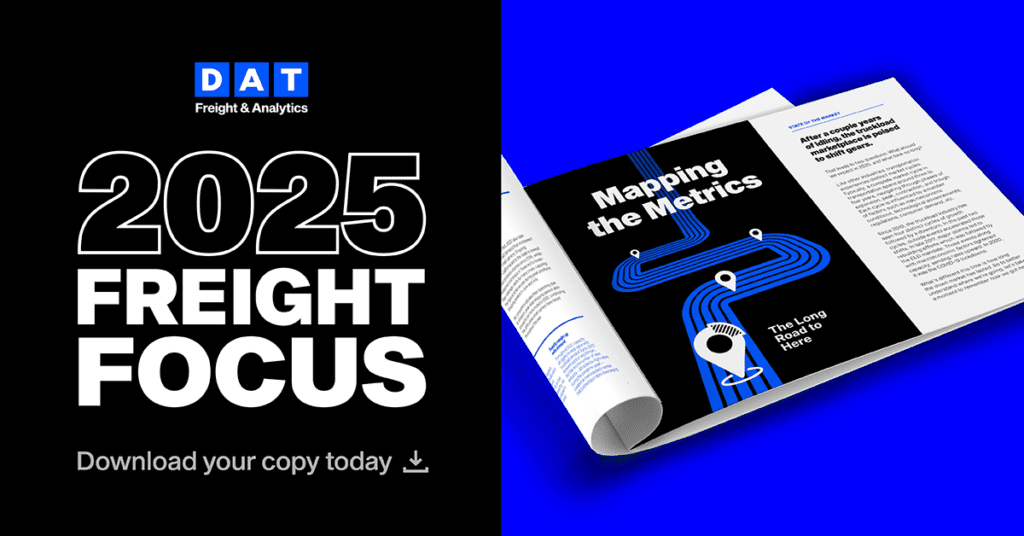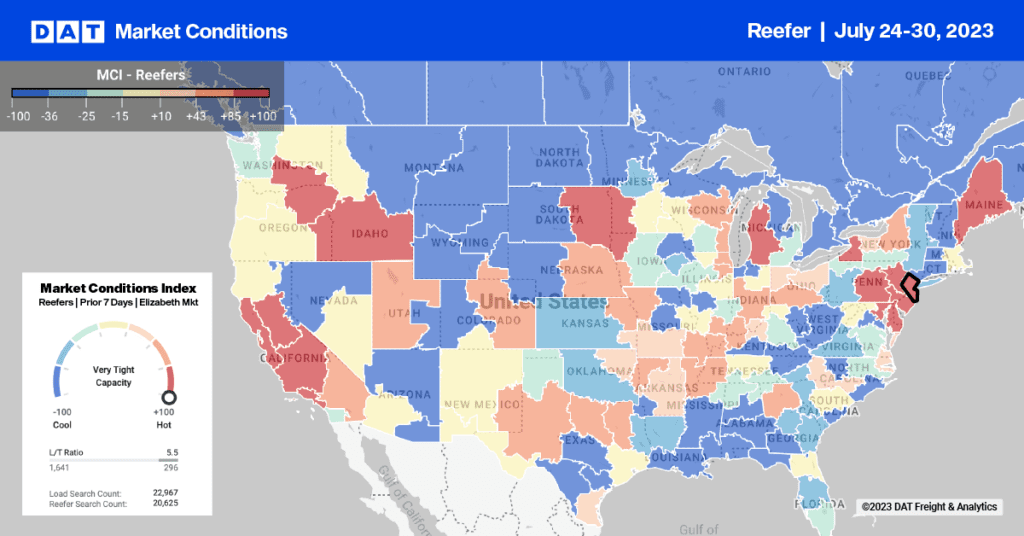Follow these five best practices when you make insurance decisions for your trucking company:
- Choose an agent with trucking experience. Check some of the trucking trade publications, or contact your fellow truckers to find agents with experience writing policies for commercial fleets. You need an agent who understands your business needs and who is up-to-date on Federal and state requirements. Another benefit: an agent who represents multiple insurance companies may be able to find you the most competitive rates.
- Check the insurer’s reputation. The insurance company should be one that has a good reputation and a favorable rating from a third-party analyst such as A.M. Best. This is important because: (a) your policy won’t offer much protection if your insurance company goes bankrupt; and (b) if your insurance company has a poor reputation for paying its claims, prospective customers will think that your company is not a good risk.
- Review your limit of liability. You already know the Federal requirements for liability insurance, but do those minimums really protect your personal and business assets? The recommended coverage amounts can change as your business grows, so review your policy terms regularly with your attorney and your accountant, as well as your insurance agent. Be aware of your net worth. Ask yourself: “If I am sued, how much can I afford to lose?” Now insure your company accordingly.
- High deductibles – friend or foe? It can be tempting to save on insurance premiums by keeping deductibles high, but that tactic can hamper your growth in two ways. First, a minor accident can become a big deal if you have to pay a high deductible out of pocket. Second, a prospective customer may see the high deductible as a warning sign of instability, which could discourage them from offering you long-term business contracts. If you want to save money on premiums, be sure to make your payments on time so you can qualify for preferred rates.
- State requirements may vary. If you are setting up facilities or acquiring a business that is based in a state that is new to you, familiarize yourself with the insurance requirements for that state. For example, not all states require worker’s comp. Contact the state’s Insurance Commissioner’s office or Insurance Division. You can find their contact information online.
Kathi Marth, AAI, CIC, CPIW and CPCU, is TransCore’s Insurance Analyst and manager of the company’s CarrierWatch Insurance Monitoring Center. Before joining TransCore, Kathi enjoyed a long and successful career managing insurance coverage for transportation companies.


